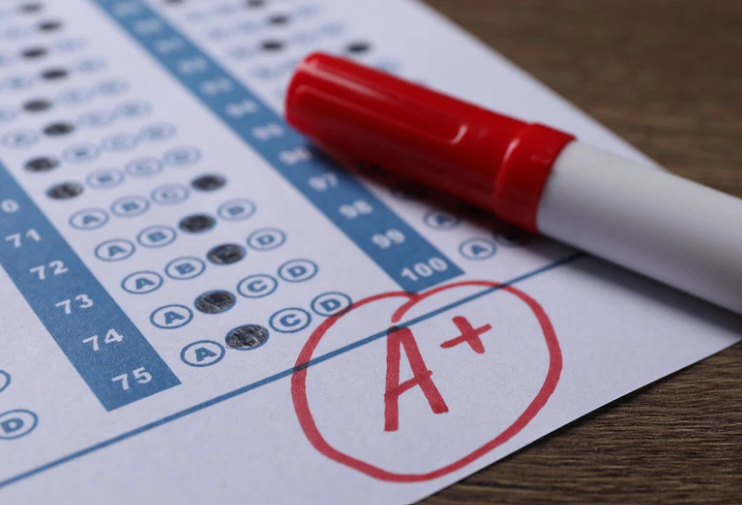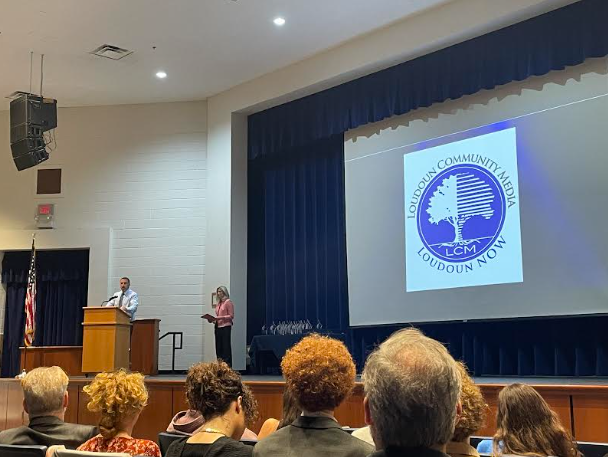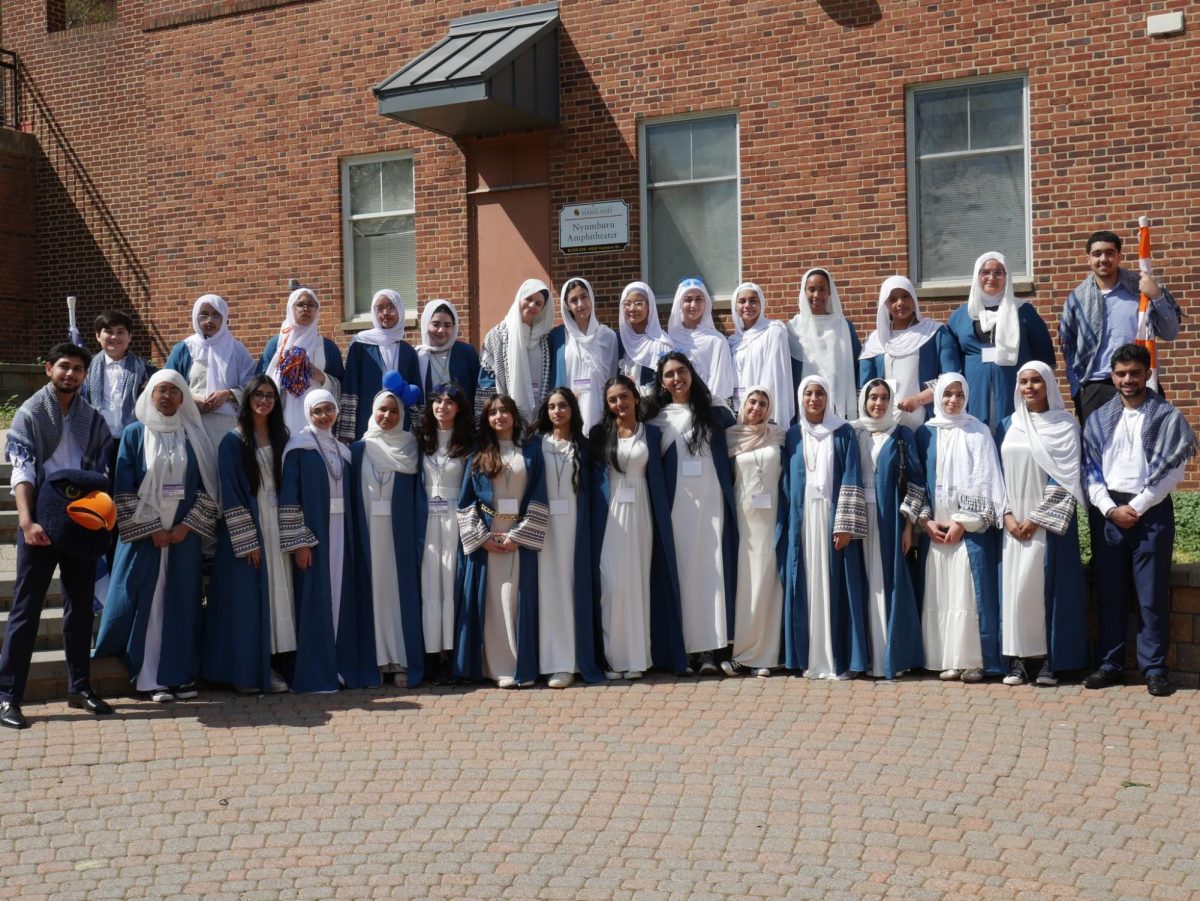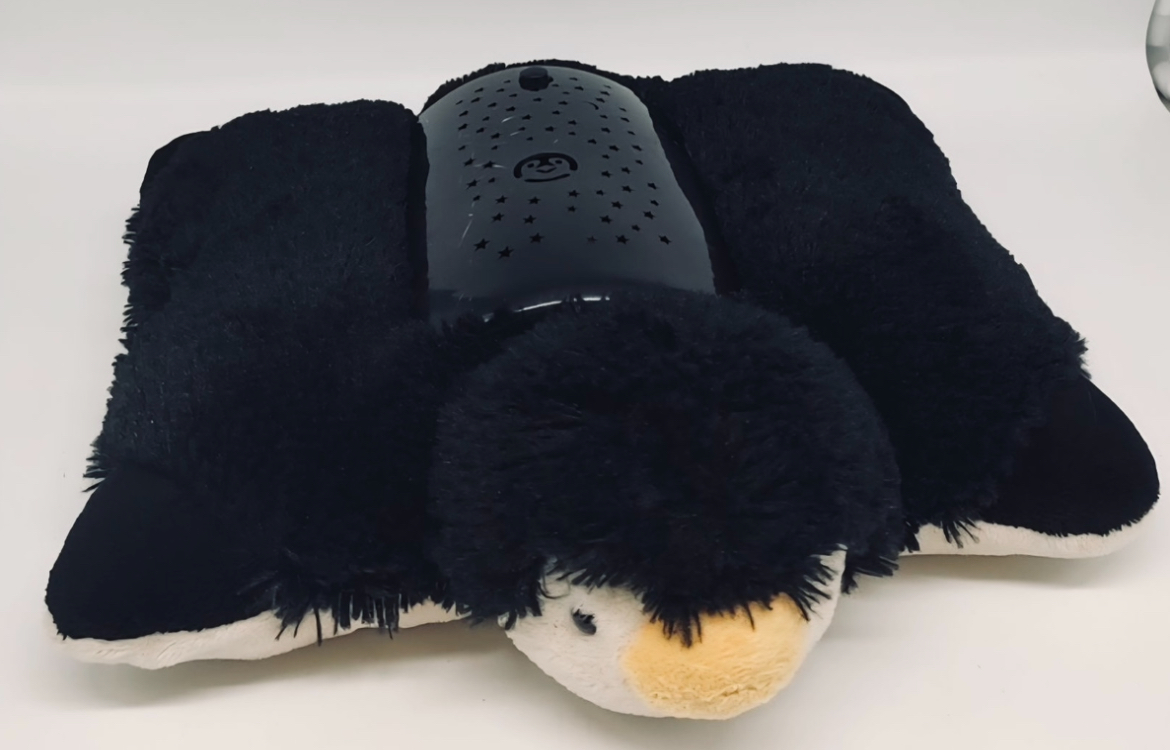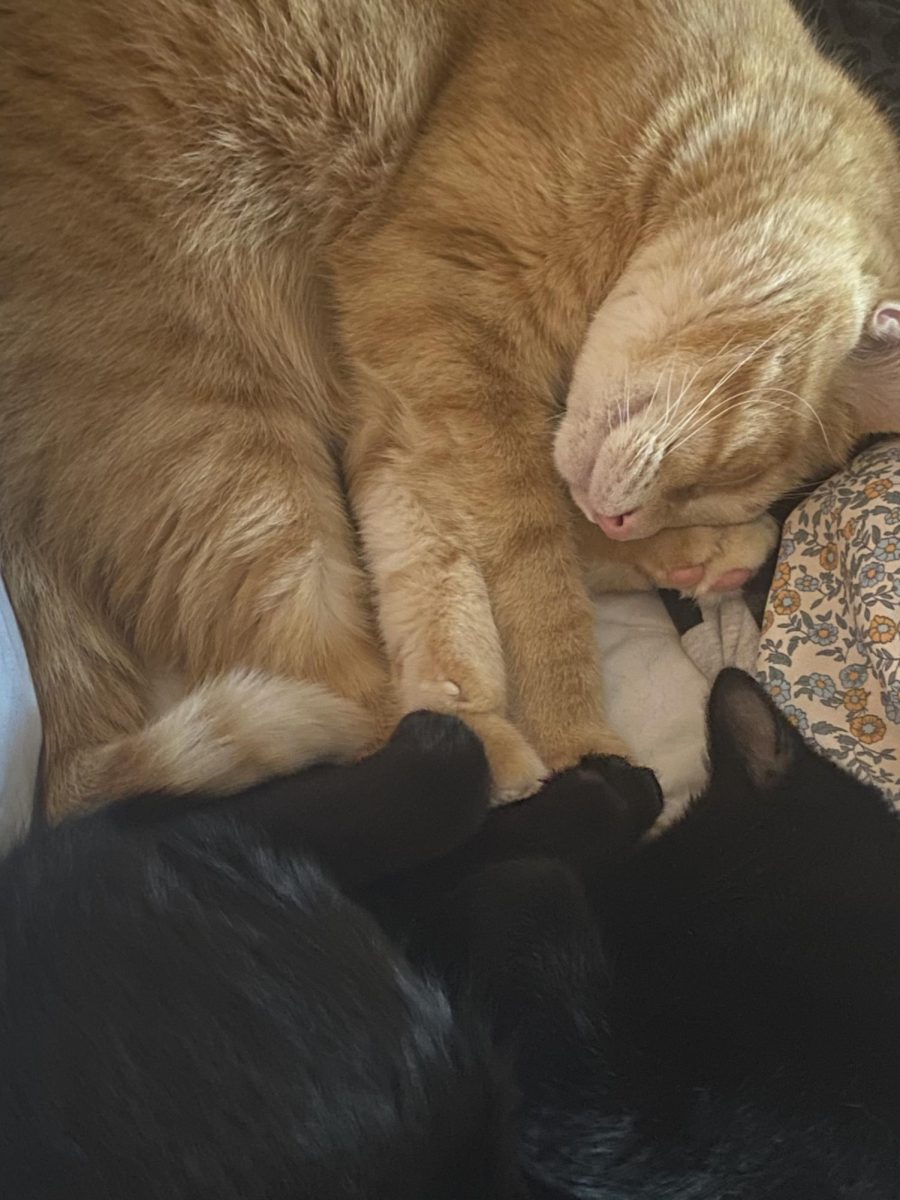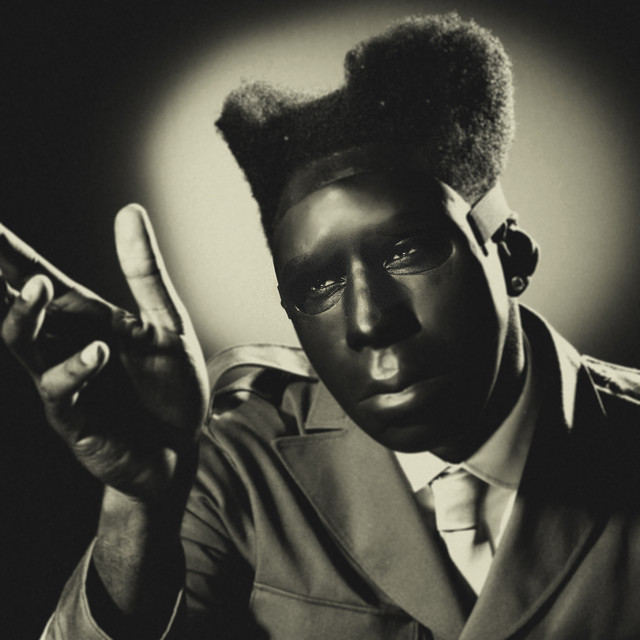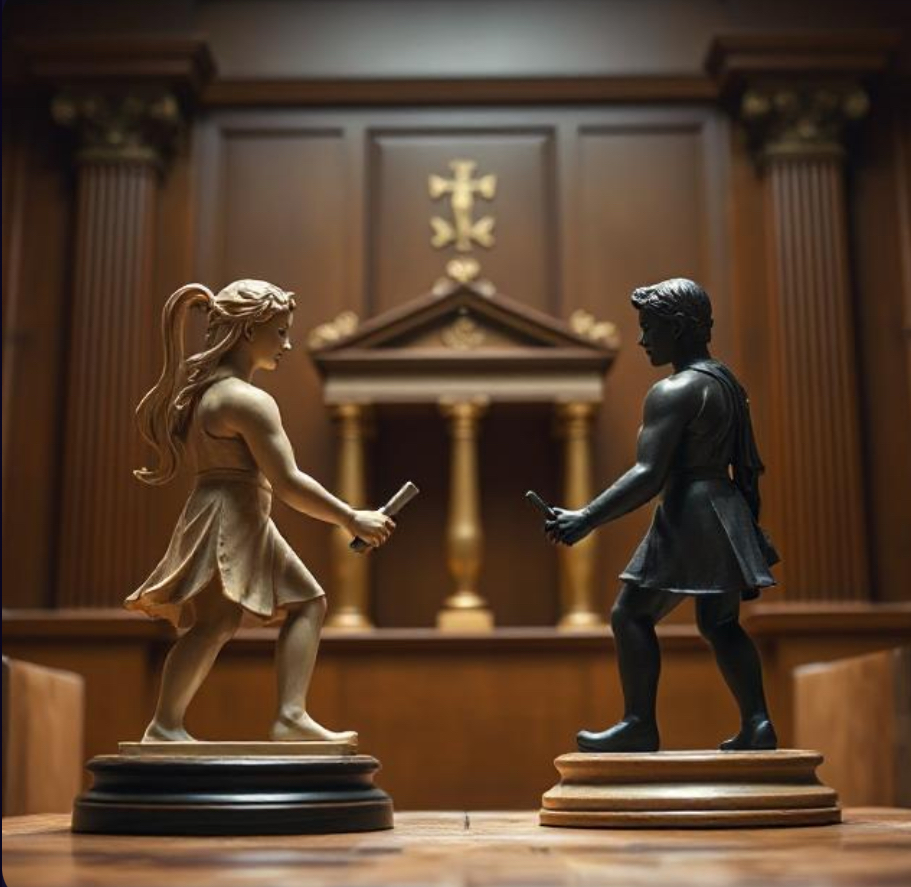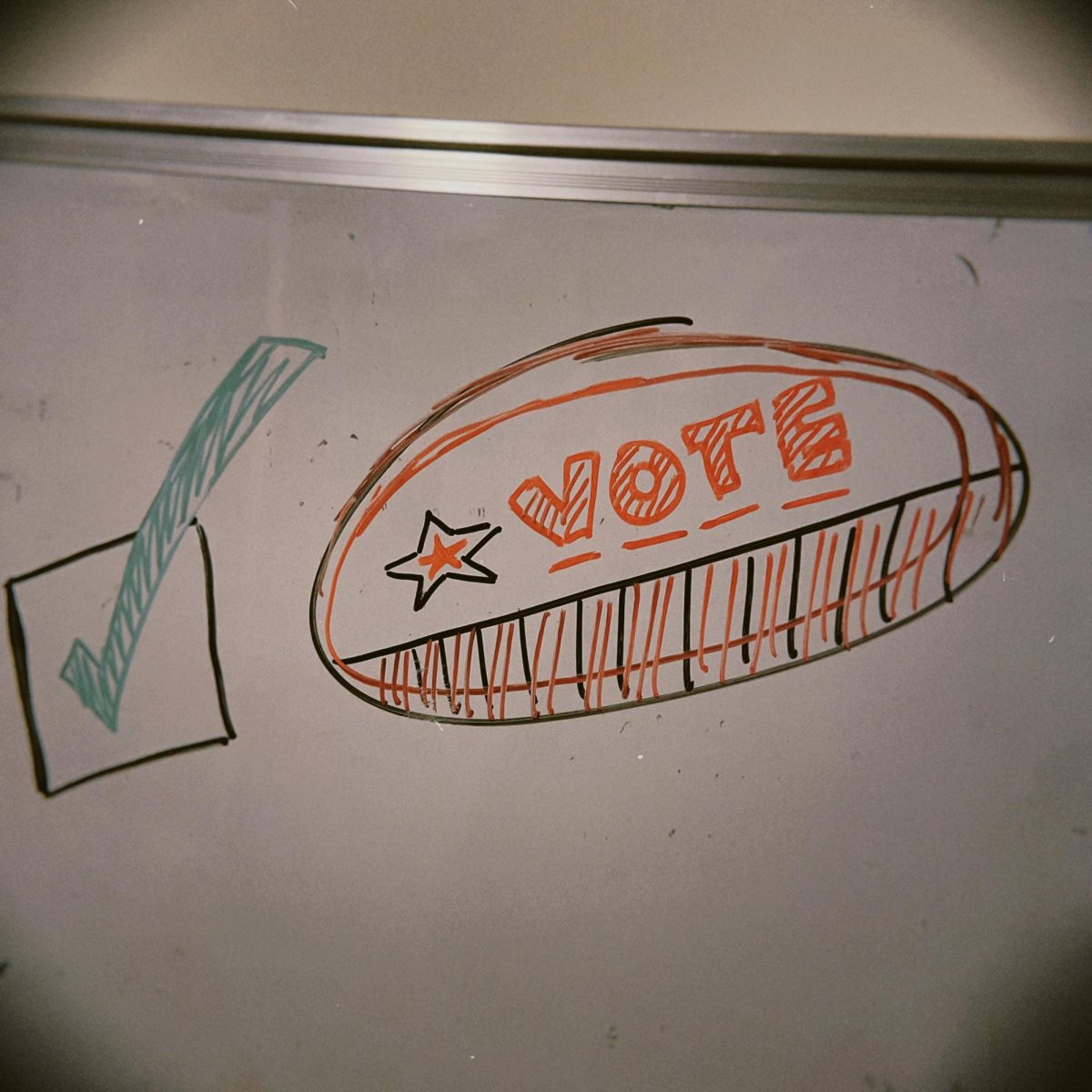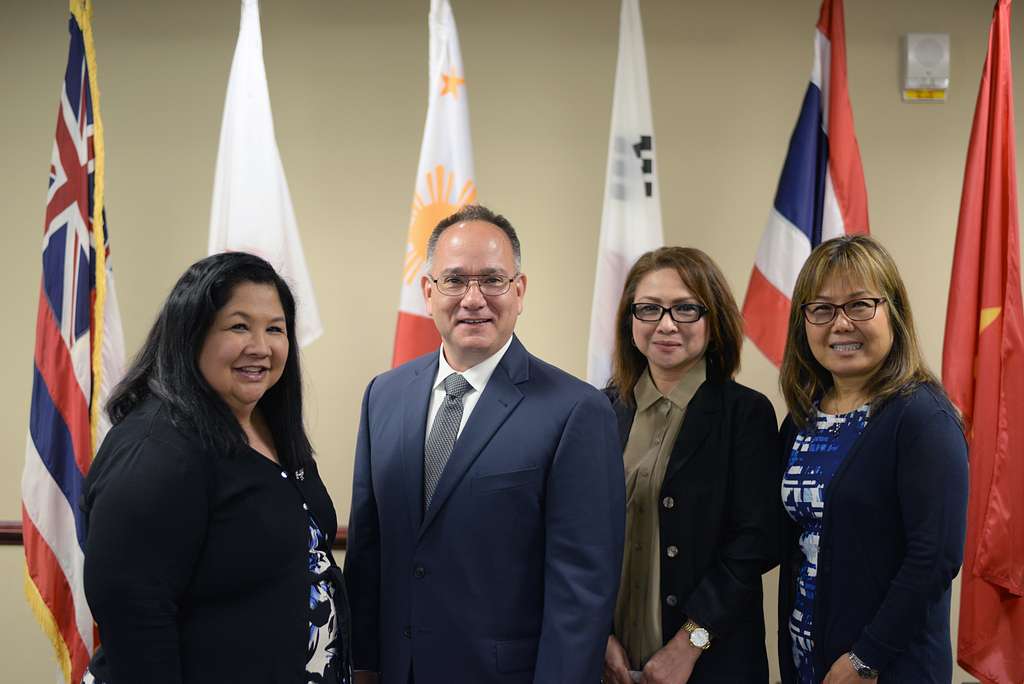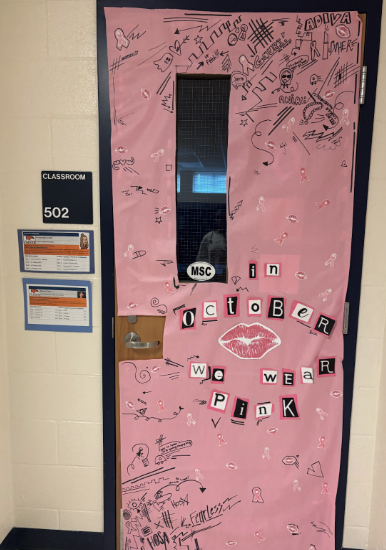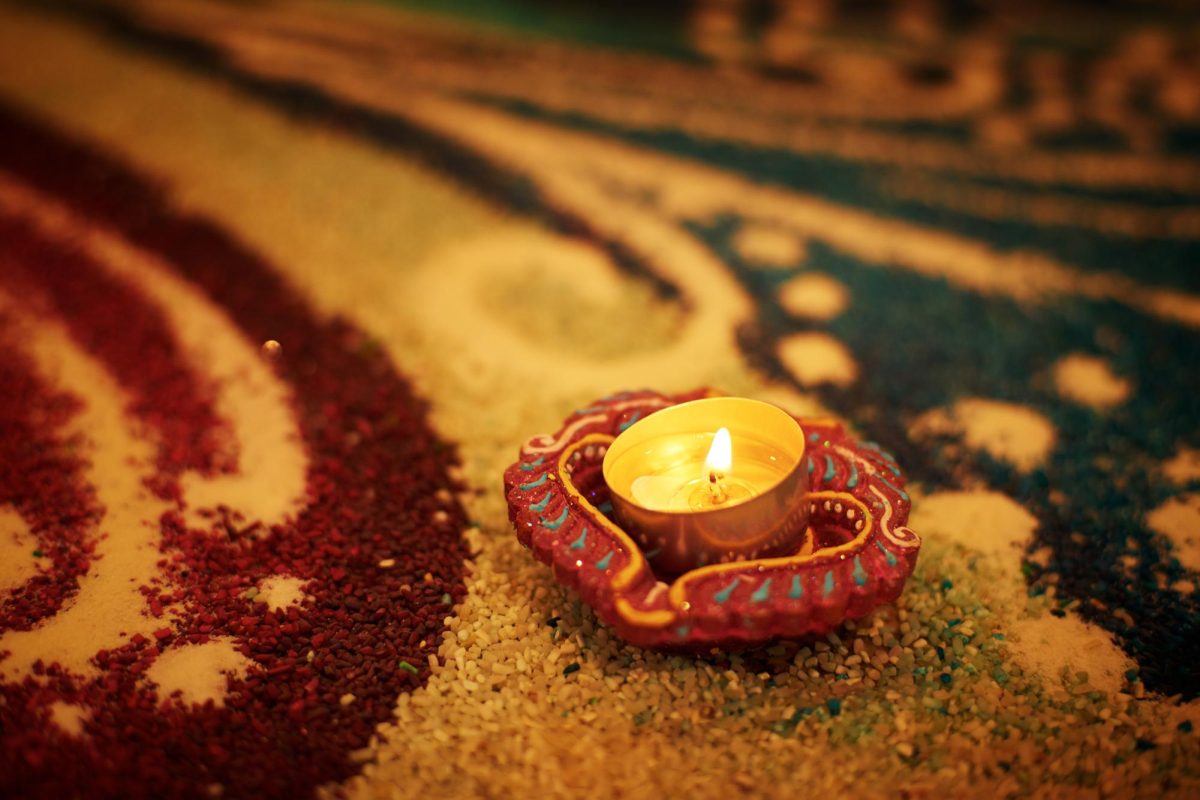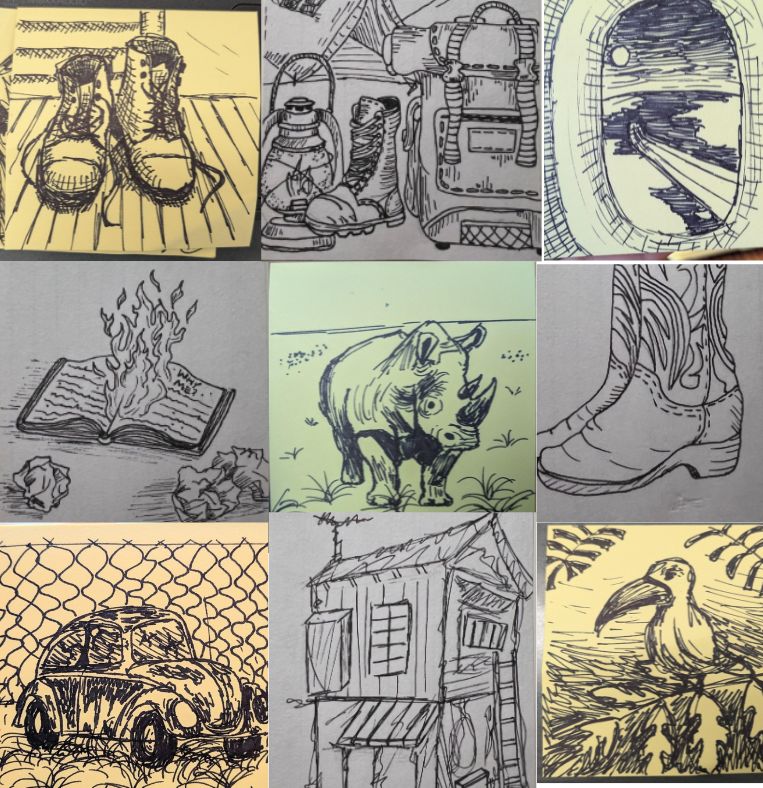May, a regular month for many countries and ethnic groups, but a month that is significant to Asian Americans and Pacific Islanders. Asian American and Pacific Islander Heritage Month (AAPI) is celebrated in many parts of the world including the United States. Throughout May, a wide variety of diverse AAPI cultures are showcased through dances, martial arts performances, food festivals, art exhibitions and more. These traditional events and festivals are to commemorate Asian and Pacific Islander culture.
Raising awareness about AAPI heritage month in schools can help students better understand Asian American and Pacific Islander cultures.
Joshua Taylor, a Filipino American and freshman states, “Schools can educate students about Asian American and Pacific Islander Heritage month by hosting a cultural event for example or since there are like morning announcements now, maybe giving some background info about the month would make people like more aware.”
Celebrating AAPI heritage month isn’t just important to Asian American and Pacific Islander students, it also honors the Indigenous people, their accomplishments and their history.
Taylor explains, “Celebrating the month is important because it gives us recognition of who we are and how we should not be ashamed of our heritage.”
The goal is to increase recognition towards Asian Americans and Pacific Islanders, allowing them to feel comfortable with their cultural identity.
Jackson Weaver, a Korean American freshman, says, “It’s important to celebrate this month just so that people understand other cultures and be exposed to different Asian and Pacific Islander traditions, you know? It’s kinda cool to be recognized for a month.”
Heritage and ethnic backgrounds play a significant role in shaping identity, whether it’s at a young age or later in life. Being aware of cultural background is crucial since it can influence how an individual acts, how speaks, and expresses themselves. Some people tend to hide heritage and fit into the crowd by not embracing their true background, while others grow up connected to their roots, making it easier to express themselves later in life.
Freshman Troy Weems, from American Samoa, highlights, “Growing up, I struggled a little with my embracing my culture because I was super separated from my actual heritage which is actually why I grew out my hair, like “hair,” “heritage,” you know, but it’s just to remind who I am.” Not every Polynesian and Pacific Islander is supposed to be super big cause when people think of Samoans they think of like, The Rock and a bunch of really big people and not all of us are built like that.”
Stereotypes often place unfair expectations on people which increase pressure on those individuals. However, breaking these stereotypes and assumptions is important to allow people to express themselves without being judged. People who represent their culture tend to inspire young people and certain celebrities like to represent their heritage which inspires young people to embrace their heritage too.
Weems mentions, “The Rock is a celebrity that’s from my ethnicity that inspires me because I like the way he represents our culture. He and his daughter, I remember them doing some traditional things that portray our culture pretty well, like taking his daughters and his mother to the Polynesian Cultural Center in Hawaii and I think he even did a traditional dance in one of the Fast & Furious films. He also voiced Maui, who is a Samoan character, in the Moana movies, so, yeah I think he represents our culture pretty well.”
Asian American and Pacific Islander Heritage Month provides a significant and meaningful opportunity to recognize one’s cultural identity and acknowledge people who embrace and support their roots. This month also helps others feel proud of their background and appreciate being celebrated, even if it’s only for a month.



